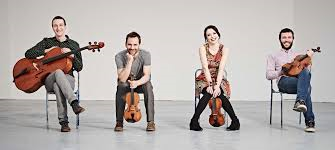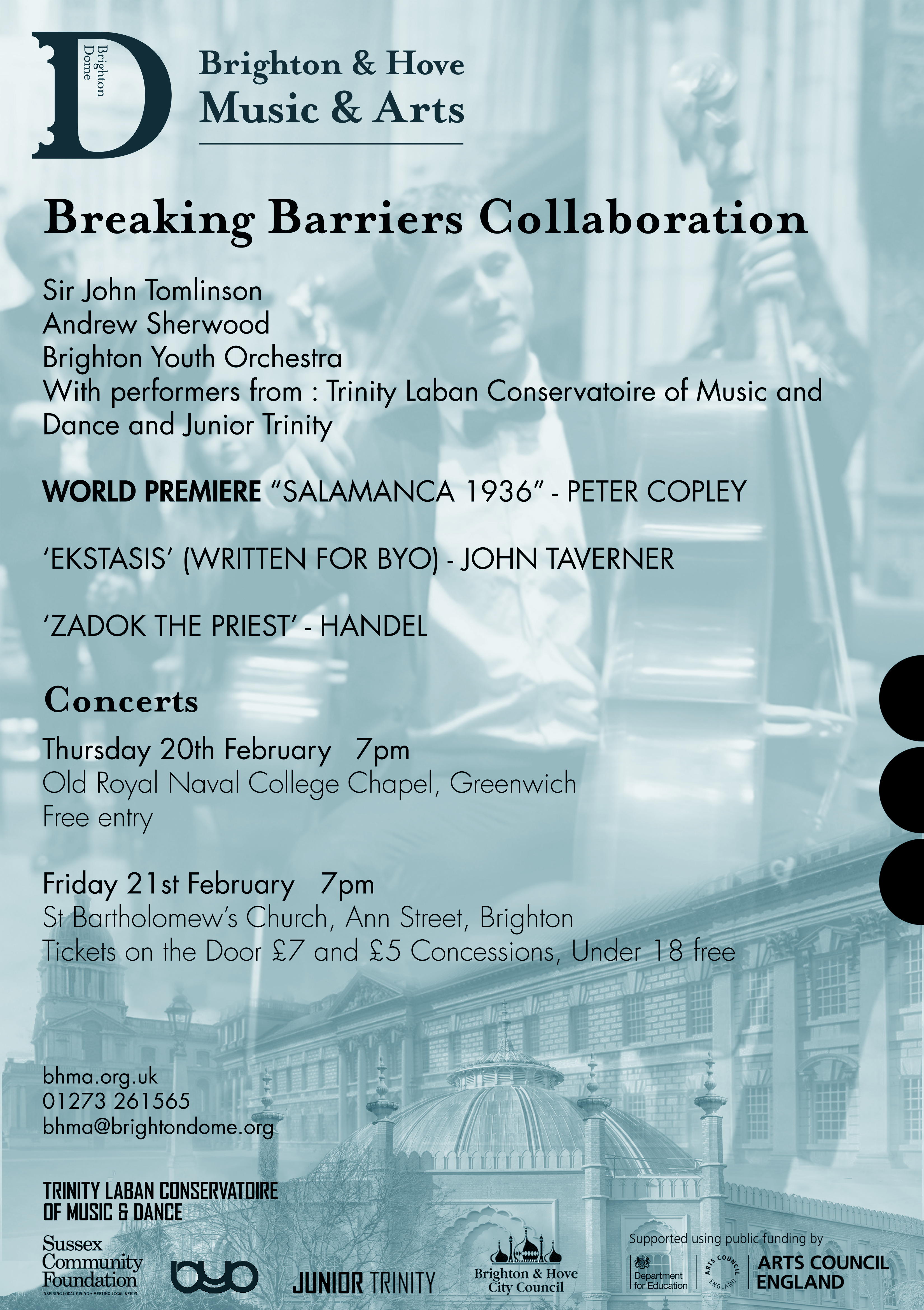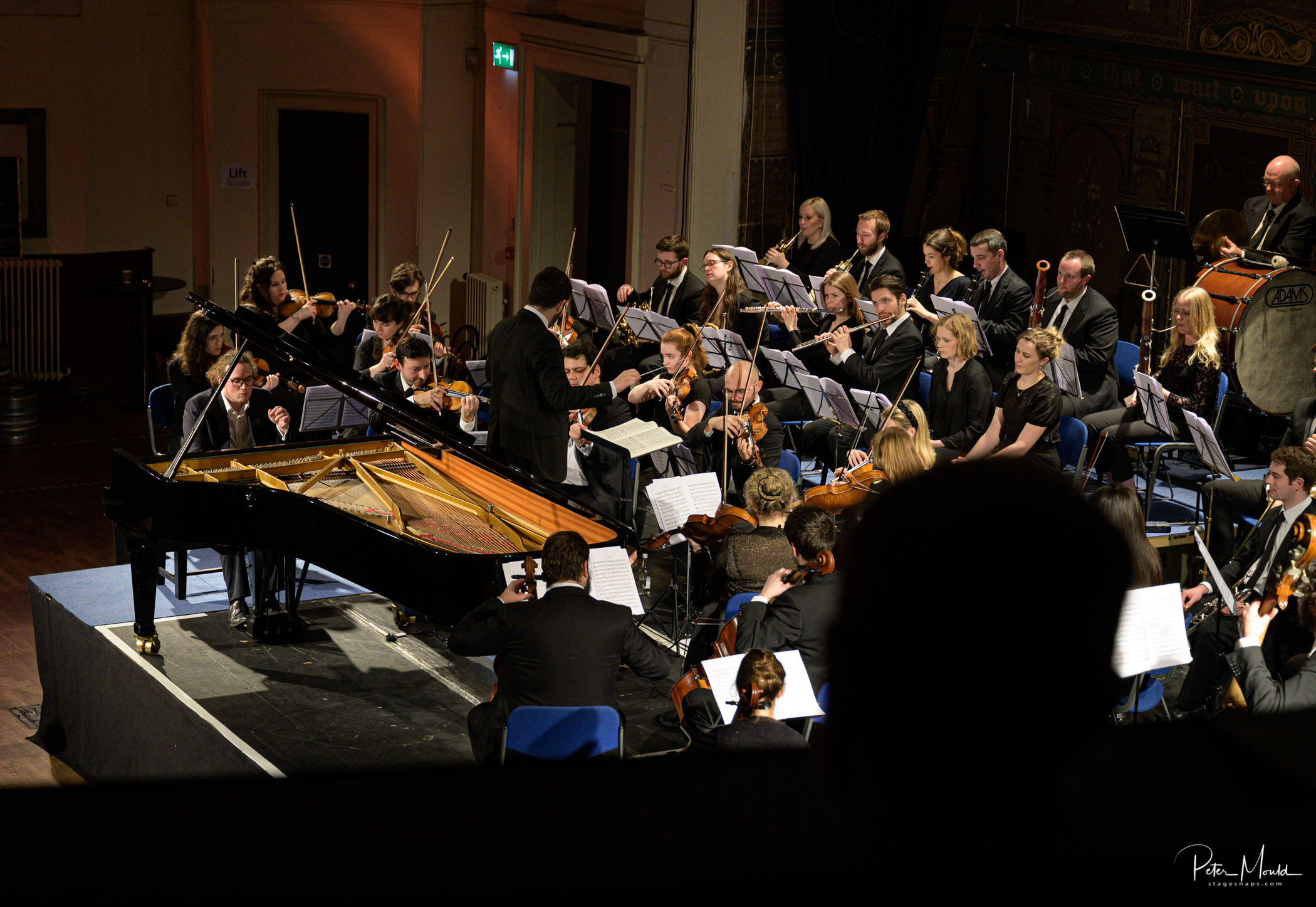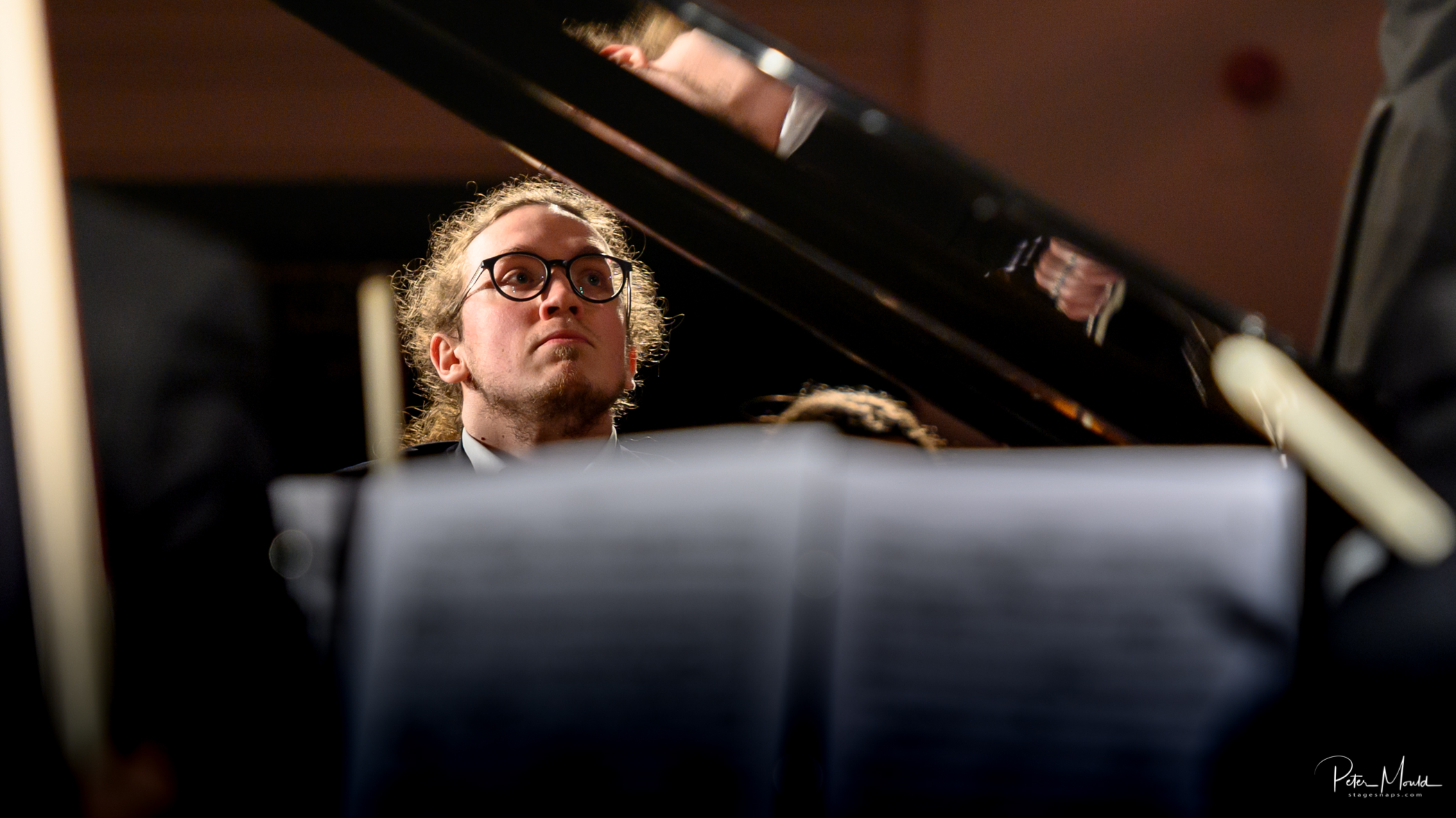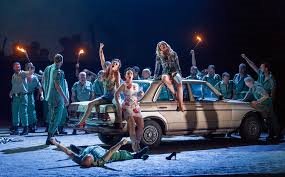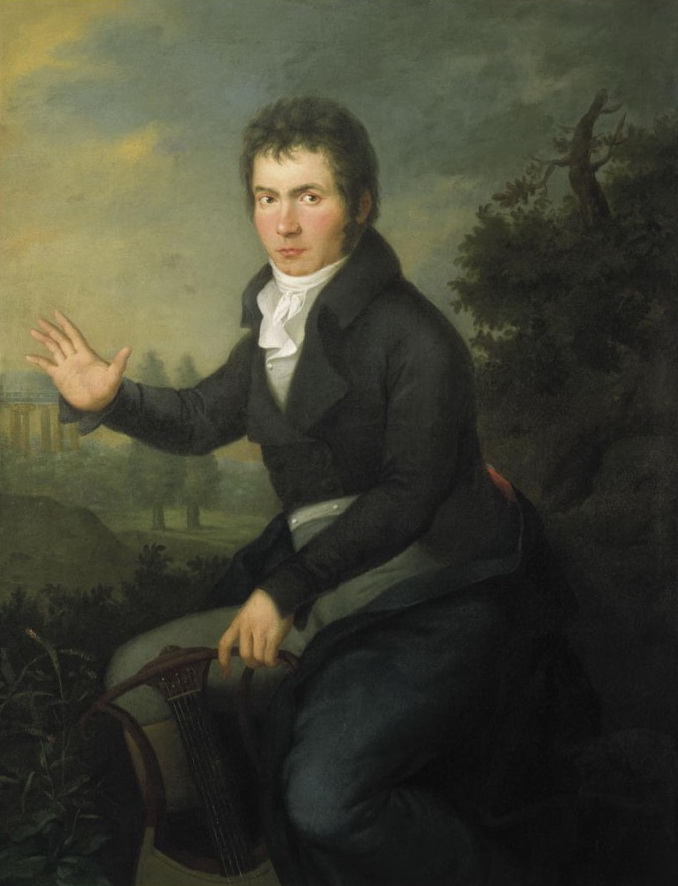Attenborough Centre, University of Sussex, Sunday 26 January 2020
You can rely on Beethoven and Brahms to fill a venue. On this occasion there was scarcely a spare seat in the Attenborough Centre – quite a fillip for the ten year old Strings Attached, whose chair, Mary McQueen, told the audience before the concert that she had never seen the hall so full.
And so to the ever approachable Beethoven Op 18 no 3 with which the Heath Quartet opened their interestingly programmed concert – Brahms sandwiched between early and mature Beethoven. They play standing up (apart from Christopher Murray on cello who sits on a podium which puts him almost at eye level with the other three) which means that their playing is unusually free – leaning into each other with lots of whole body, expressive communication. They have an intensely sensitive rapport playing like a folk band, as if their instruments are dancing together, and they barely look at the music. Their do-what-you-like dress code is a bit odd – one suit, one fairly formal female outfit, one black shirt and one green – but of course it doesn’t matter.
The andante, built on a four note descending scale came with striking richness of tone and I admired the elegant and witty delivery – like an insouciant chat. The crystalline clarity of articulation in the presto (which has a lot of notes) was impressive too.
Then we moved forward more than seven decades to 1873 into the warm, romantic, lush territory of Brahms Op 51 no 2, leaving the (relative) crisp classicism of 1799 Beethoven far behind. There’s something about A minor for string quartets (Schubert No 13 D 804 is another example) and the Heath Quartet really brought out the lyrical beauty especially in the andante which they played with intelligent dynamic emphasis and lots of contrast. I loved the elegant musical baton passing of themes too which was particularly noticeable in the finale.
Beethoven’s Razumovsky quartets were written only four years after Op 18 but this is post-Eroica symphony and suddenly we are in a completely different “sound world” and new technical challenges such as the ethereal harmony and potential problematic timing of the extraordinary slow introduction. The Heath Quartet played it arrestingly. Also outstanding was the glorious andante with its percussive cello pizzicato underpinning the tightly woven minor key melody and its variations. The control with which the Heath Quartet played the end which dies away to nothing was another high spot. So was the frenzied allegro molto – tiring even to listen too but the Heath Quartet made it sound effortless as well as intense.
All in all this was a very enjoyable concert and I’m glad so many people were there to hear it.
Susan Elkin

